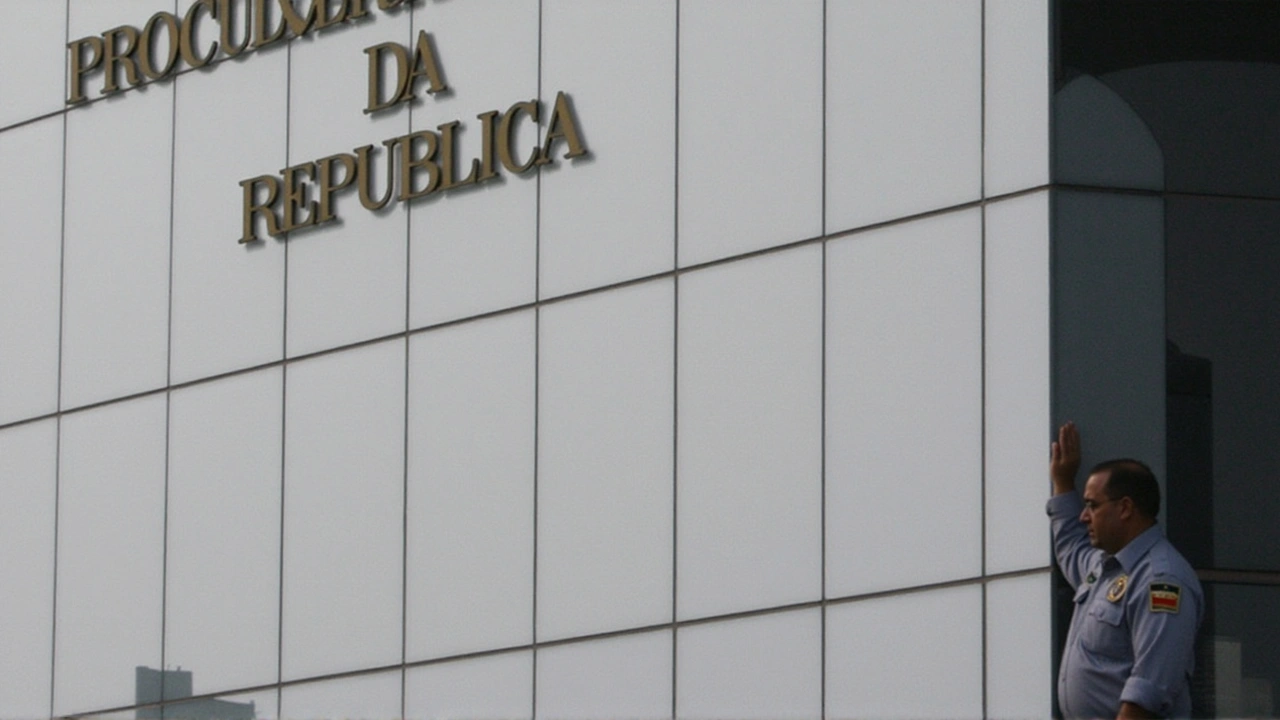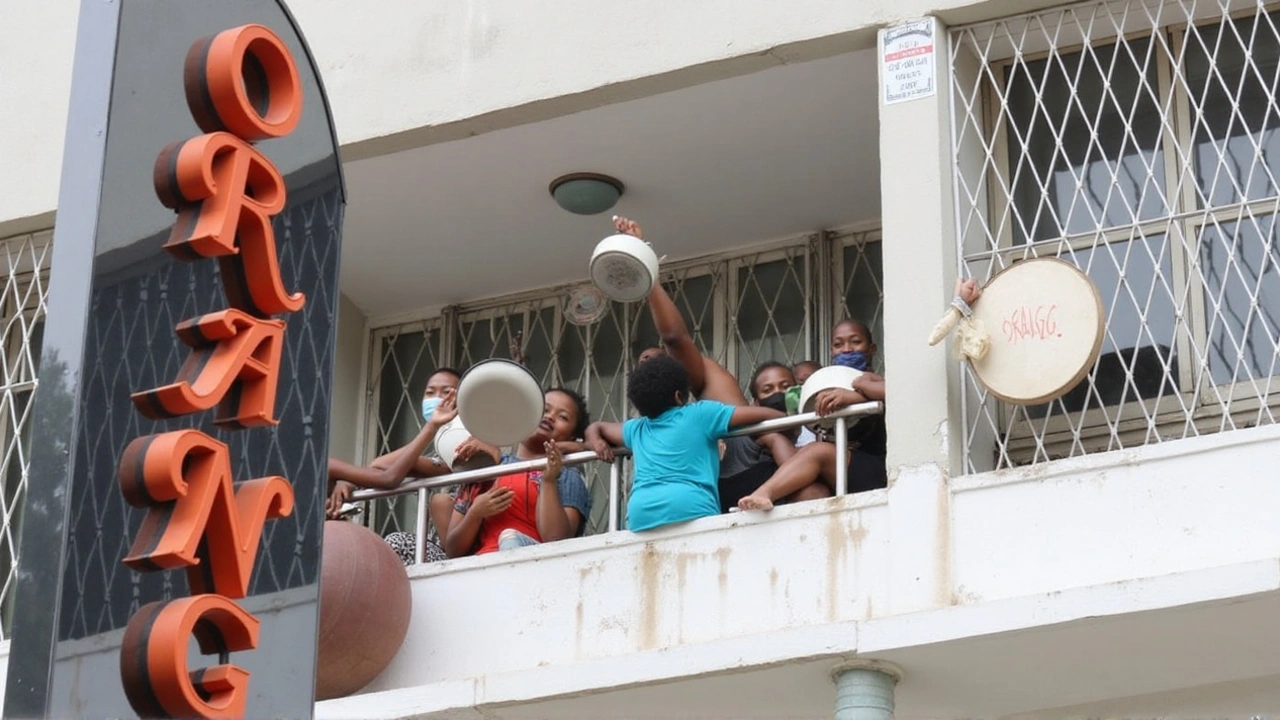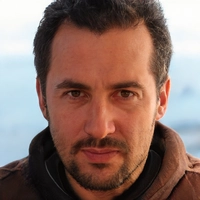Mozambique's Election Turmoil: A Nation on Edge
The political landscape in Mozambique has become increasingly fraught, following the government's announcement that the military could be deployed to address escalating unrest. This stern warning comes amid ongoing protests spurred by allegations of election malpractices and the use of excessive force by police against demonstrators. The recent municipal elections held on October 11 have plunged the nation into turmoil, as opposition party members, particularly those from RENAMO, contest the legitimacy of the results. Various municipalities, including Nampula, Cuamba, Moatize, and Vilankulos, have become focal points of these protests, drawing significant local and international attention.
The trigger for this potential military intervention lies in the widespread claims of electoral irregularities that have tainted the October polls. Reports suggest that the elections were marred by significant issues, including voter intimidation, manipulation of results, and violence at polling stations. These irregularities have resulted in numerous reruns and recounts, casting doubt on the electoral process's integrity. RENAMO, a key opposition party, and its supporters argue that such malpractices have deprived them of fair representation and demand justice through the legal and electoral systems.
The Government's Heavy-Handed Response
The government's consideration to deploy the army has raised alarms among citizens and observers alike, with fears that such a move could lead to further violence and human rights violations. The country's police force has already faced criticism for its heavy-handed approach, which included the use of live ammunition and tear gas against protestors. Incidents of arbitrary arrests and detentions of opposition members have also been widely reported, exacerbating tensions and fueling public outrage.
Observers worry that an army intervention could exacerbate the situation, escalating the conflict rather than resolving it. Historically, military involvement in civil unrest has often led to more severe outcomes, including increased casualties and enduring societal fractures. For a nation like Mozambique, which is still recovering from past civil wars and internal conflicts, this could be a step backward, undoing years of progress towards stability and peace.
Challenges Ahead for Mozambique's Leadership
The Mozambican government faces a delicate balancing act. It must address the legitimate grievances of its opposition and citizens while maintaining order and upholding the rule of law. In doing so, the government must ensure that any actions taken do not further tarnish its credibility or lead to irreversible damage to its democracy. The world is watching, and how Mozambique navigates these testing times could define its political landscape for years to come.
International organizations and human rights groups are closely monitoring the situation, urging the government to prioritize dialogue and peaceful resolution over military intervention. They stress the importance of an impartial investigation into election irregularities and advocate for reforms to prevent future occurrences. Such measures are vital for restoring public confidence in Mozambique's democratic processes and ensuring the country's long-term stability.

The People's Voice: A Call for Justice
At the heart of Mozambique's political unrest are its people – citizens who feel disenfranchised and marginalized by the flawed electoral system. The protests are not just about election outcomes; they represent a broader cry for justice, transparency, and accountability from their leaders. As such, any government response should be measured, people-focused, and aimed at unifying the country rather than dividing it further.
Mozambique stands at a crossroads, with its future hinging on how leaders choose to respond to the current crisis. Emphasizing dialogue over conflict, accountability over impunity, and peace over violence are crucial steps toward healing the nation's divides. In this pivotal moment, Mozambique's leadership has the opportunity to reaffirm its commitment to democratic principles and pave the way for a more inclusive and equitable society.

